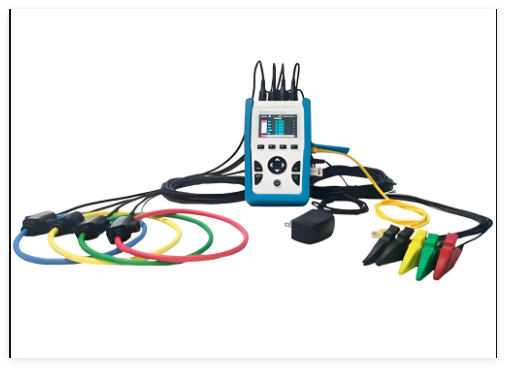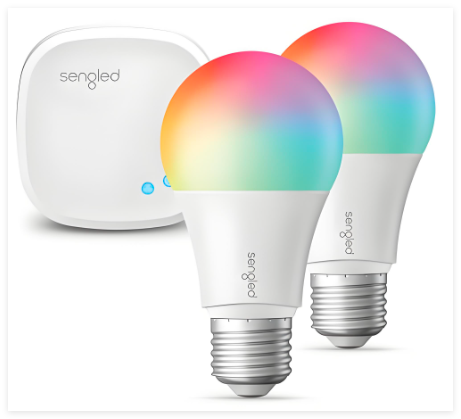Why Are People Worried About Smart Electricity Meters? Debunking Myths and Concerns
If you’re searching for “why are people worried about smart electricity meters,” you’re likely curious—or uneasy—about this technology’s adoption. Smart meters, like those from brands such as British Gas or Google Nest, promise energy efficiency and real-time data tracking. Yet, concerns about privacy, health, and accuracy persist. Let’s explore these worries, using relatable comparisons to companies like Apple, Tesla, and Amazon, and separate fact from fiction.
1. Privacy Concerns: “Is My Data Safe?”
The Worry: Critics argue smart meters collect detailed usage data, which could be hacked or sold to third parties.
The Reality:
- Smart meters transmit encrypted data, similar to how Apple secures iPhone user information. Energy providers (e.g., Octopus Energy) typically anonymize data to protect identities.
- However, breaches can happen. Remember the Cambridge Analytica scandal? While rare, lax security in any tech (even smart meters) poses risks. Always verify your provider’s privacy policies.
2. Health Risks: “Do Smart Meters Emit Harmful Radiation?”
The Worry: Some fear radiofrequency (RF) waves from smart meters cause health issues, akin to 5G conspiracy theories.
The Reality:
- Smart meters emit RF levels far below safety limits set by organizations like the World Health Organization (WHO). For perspective, a smartphone emits 100–1,000 times more RF than a smart meter.
- Think of it like Tesla’s electric vehicles: innovative tech sparks fear initially, but science confirms safety.
3. Billing Accuracy: “Will My Bills Increase?”
The Worry: Users report higher bills after installing smart meters, blaming faulty readings.
The Reality:
- Smart meters measure usage more precisely than analog ones. Higher bills often reflect actual consumption, like how Tesla’s energy monitors reveal hidden power drains in homes.
- If you suspect errors, request a calibration check—similar to disputing an Amazon delivery charge.
4. Cybersecurity Threats: “Can Hackers Target My Meter?”
The Worry: Smart meters could be hacked to manipulate data or cause blackouts.
The Reality:
- Energy companies invest in cybersecurity protocols, much like Microsoft guards its cloud services. Isolated incidents (e.g., the 2021 Colonial Pipeline hack) highlight risks but aren’t specific to smart meters.
- Protect your home network with strong passwords, as you would for a Ring doorbell or Smart TV.
5. Mandatory Installation: “Do I Have a Choice?”
The Worry: Governments or utilities force smart meters on households, eroding consumer freedom.
The Reality:
- In most regions (e.g., the UK’s Smart Meter Initiative), installations are optional but encouraged. Opt-out policies exist, like refusing Google’s data-tracking features while using Android.
- Pushback mirrors resistance to Apple’s iPhone Face ID—people fear change until benefits become clear.
6. Environmental Impact: “Are Smart Meters Truly Green?”
The Worry: Critics claim smart meters’ production and e-waste outweigh energy-saving benefits.
The Reality:
- Studies show smart meters reduce carbon footprints by optimizing energy use, much like Tesla’s Powerwall promotes renewable storage.
- Recycling programs, akin to Amazon’s device trade-ins, mitigate e-waste concerns.
Why Smart Electricity Meters Are Worth Considering
Despite fears, smart meters offer Netflix-for-energy convenience: real-time insights, cost savings, and eco-friendly perks. Brands like British Gas and Schneider Electric continue refining this tech to address user concerns.
How to Ease Your Smart Meter Worries
- Research Providers: Choose utilities with transparent policies, like trusting Apple over lesser-known tech brands.
- Audit Your Data: Use apps to monitor meter accuracy, similar to tracking spending via Mint or PayPal.
- Stay Informed: Follow updates from trusted sources like the U.S. Department of Energy or BBC News.




Post Comment